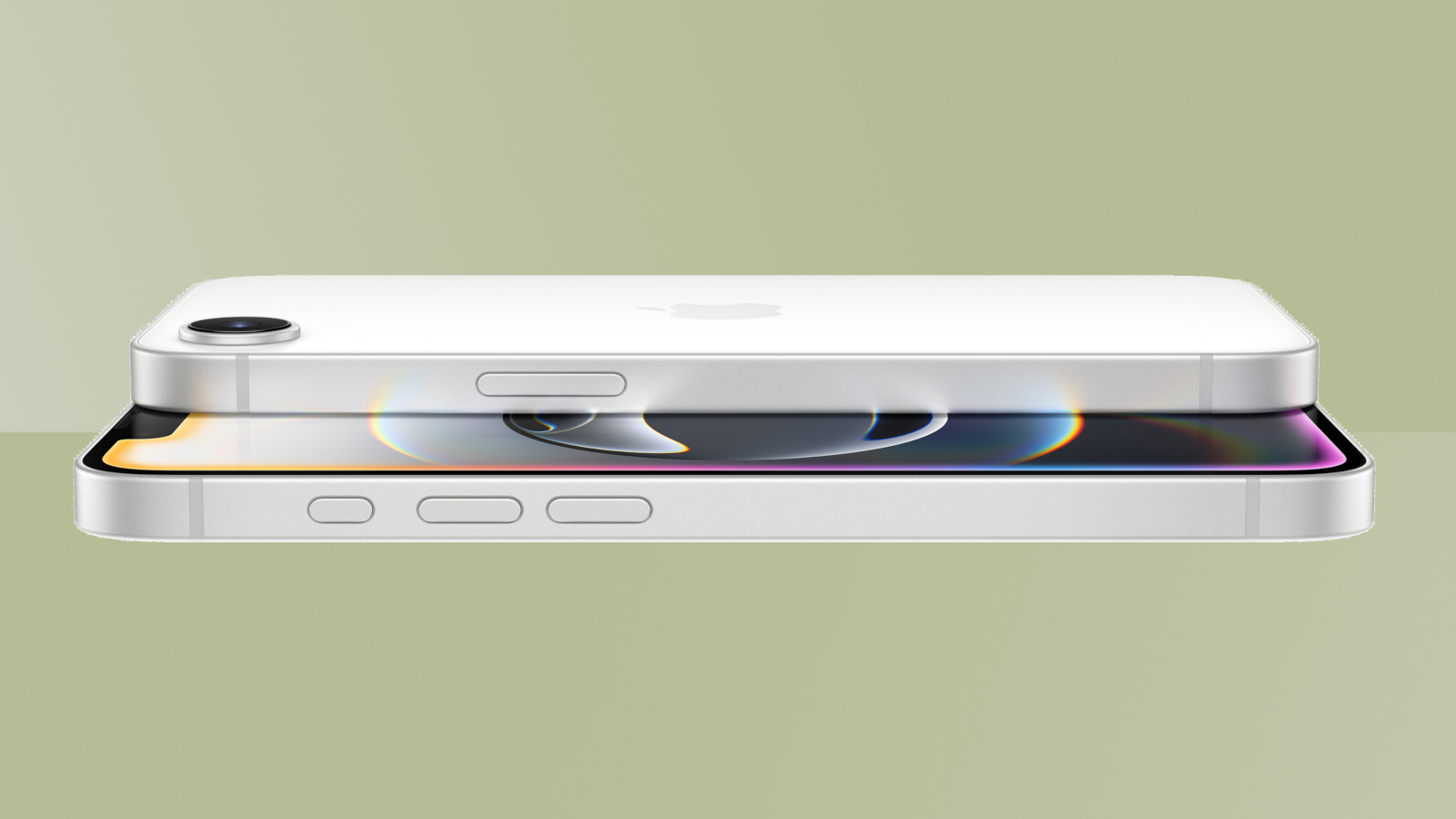
Unless you found yourself under a rock last night, you're probably aware that Apple unveiled its iPhone 16e. That was a heavily anticipated device, which brings the iPhone 16 range to a new low price point.
In reality, the handset is more of a continuation from the iPhone SE than anything else. However, with a total redesign and a new name, there's certainly a lot to sink our teeth into.
But while you may have been focussed on other things, there is one feature which really caught my eye. That's the new C1 modem, which debuts here.
Okay, it's not the sexiest feature to talk about. But it could be really important. Cast your mind back to when Apple made the move from Intel processors to its own in-house silicon in the Mac range.
That leap in performance and efficiency was staggering, with the move sending Apple computing devices to the top of many buying guides and rankings. The picture in the world of phone processors is more competitive, but Apple's A-series Bionic chips can certainly hold their own.
Regardless of which component we're talking about, that level of innovation could be really important. You might notice some improved performance – the lack of any real information about the chip makes that tough to say with any conviction – but the power efficiency should make a big difference.
Given that Apple is touting "breakthrough battery life" for the model, I'd be inclined to think the chip is pulling some additional weight in the power efficiency stakes. Quite what that means in real terms is hard to say, but anything that works more efficiently without drawing on your precious power reserves sounds like a win to me.
We'll have to wait and see just how well this performs in reality, but I'm excited by the potential this offers for iPhone users.







